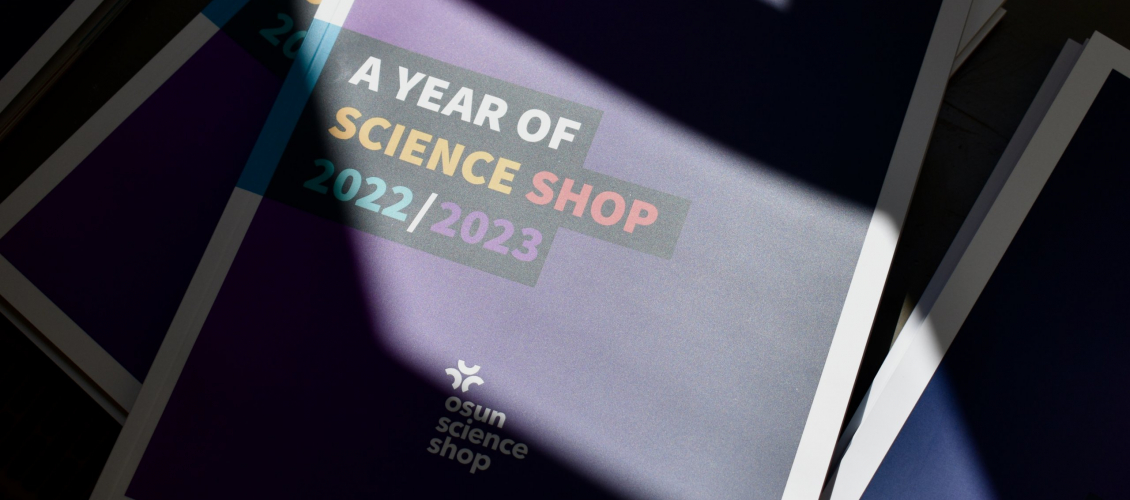Natalya Mikhailova, Science Shop coordinator at EHU, shared her vision of the project’s mission, audience, achievements, and prospects.
Hello Natalya! Initially, let’s inquire about your specific role within the Science Shop project.
My role consists of reaching out to NGOs and creating a database of their requests and topics of interest. I also produce our annual brochure showcasing the projects and distribute it among local NGOs. Another important task of mine is to organize our participation in conferences, to increase the visibility of Science Shop, and to exchange experience with similar projects in many other countries.
How did you join the team?
I took part in preparing the project application and was there from the very beginning, creating the project from scratch together with the project lead Kseniya Shtalenkova.
What are the three most inspiring things about the Science Shop project?
The creation of new opportunities and perspectives is very inspiring to me. When we bring faculty, students, and the non-profit sector into conversation, then a multi-perspective vision emerges, with faculty updating and diversifying their courses, students getting hands-on experience, and social partners supporting their work with our academic results. Looking for solutions together is what society now needs.
Also, it is extremely satisfying when there is a perfect match – a smooth and mutually enrichening cooperation that ends in concrete plans and sustainable prospects for the next round.
What is the Science Shop project about? What is its mission?
Science Shop is about academia benefiting non-profit community partners and updating its research according to civic society needs and experiences. It is about the demand-driven and bottom-up approach to research and academic assignments within courses. The mission of Science Shop is to help bridge the gap between academic disciplines and practice, and this process requires multiple conversations, mutual adjustment of expectations, and formulating together in common conversations current problems and solutions.
Who is your project aimed at? Who is your audience?
Our project is aimed at students who are eager to do good through their studies and develop their NGO contacts, also at social partners who need academic research, and faculty who want to make their courses more relevant by bringing real-life impactful projects into their classrooms.
Why do you think cooperation between academia and civil society is important? What role do you think the European Humanities University plays in this synergy of research and civic activism?
In these turbulent times, EHU is uniquely positioned at the intersection of academia and civiс society. Having been forced into exile almost 20 years ago, it now offers refuge to threatened students and researchers in exile, supports youth by integrating them into the European educational framework, and promotes intellectual freedom and social responsibility among its students and faculty. I think the cooperation between academia and civic society is essential for universities today because the academic programs should be designed to address contemporary social and political challenges, empowering students and faculty to be active agents of positive change in communities.
What are the practical results of the project? What achievements are you especially proud of?
Whether it is legal advice for exiled Belarusians on registering business abroad, or procedural code for an online dispute resolution mechanism, or design of educational materials for school children, or an art exhibit – all of our projects have very tangible results and we are also glad to promote such learning outcomes as thinking critically when applying theoretical concepts to real-life cases, developing skills to design and implement projects with a concrete client, at the same time coordinating teamwork, negotiating outcomes with local experts and community.
What are your plans for the academic year 2023/24?
After the first 2 years of building the project from scratch, we plan to deepen the quality of projects, widen the NGO network beyond the region, create cross-campus collaborations between NGOs and several universities, and conduct faculty training and methodology assistance.
Natalya, thank you so much for this interview! Wishing you the best of luck and success in all your endeavors!
